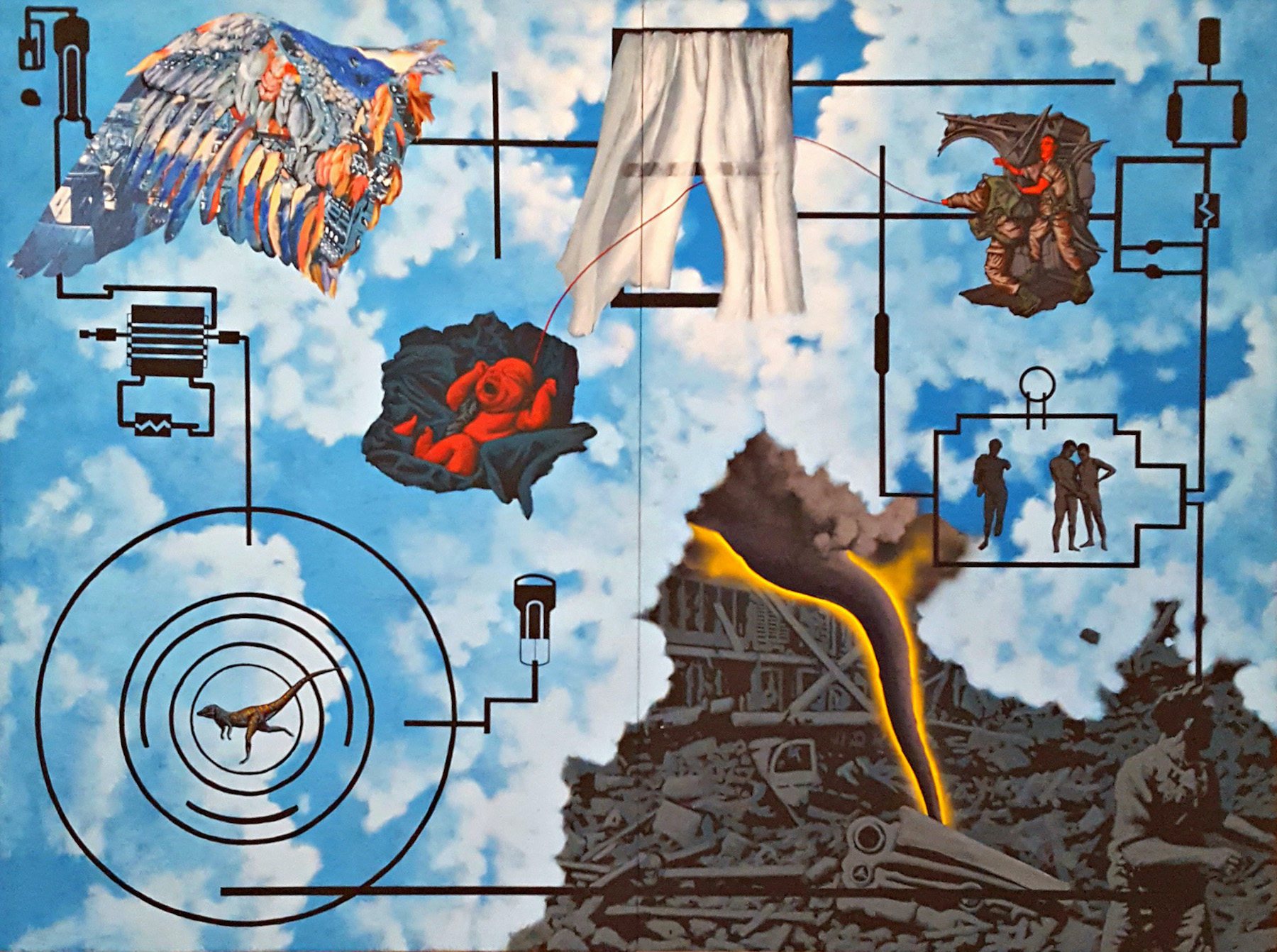Is Literary Fiction about Truth or Meaning?
DOI:
https://doi.org/10.58519/aesthinv.v3i1.11957Keywords:
literature truthAbstract
In this paper, I develop an alternative account of the novel’s cognitive value, based on the distinction Hannah Arendt made between truth (the result of the ‘need to know’) and meaning (the result of the ‘need to think’), claiming that the latter is better able to explain the novel’s cognitive value. To do this, I focus on a twofold movement I consider central to our experience of literary works, namely the fact that literary works always invite us to come to an interpretation of the work, but at the same time resist interpretation.
Downloads
Published
Issue
Section
License

This work is licensed under a Creative Commons Attribution 4.0 International License.
Authors who publish with this journal agree to the following terms:
Authors retain copyright and grant the journal right of first publication with the work simultaneously licensed under a Creative Commons Attribution License that allows others to share the work with an acknowledgement of the work's authorship and initial publication in this journal. Note: up to volume 4 issue 1, an incorrect copyright line appears in the PDFs of the articles.
Authors are able to enter into separate, additional contractual arrangements for the non-exclusive distribution of the journal's published version of the work (e.g., post it to an institutional repository or publish it in a book), with an acknowledgement of its initial publication in this journal.
Authors are permitted and encouraged to post their work online (e.g., in institutional repositories or on their website) prior to and during the submission process, as it can lead to productive exchanges, as well as earlier and greater citation of published work (See The Effect of Open Access).






